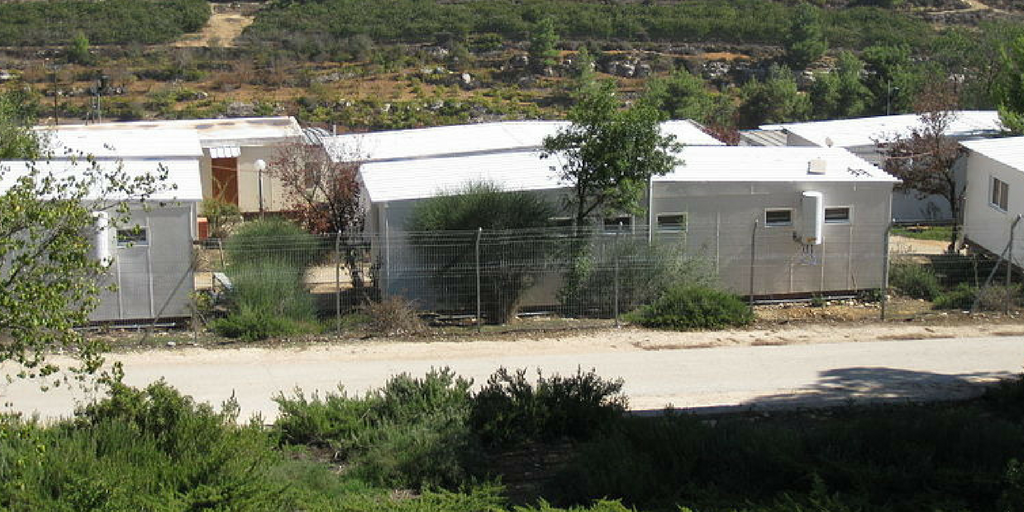Originally Published on the Washington Free Beacon
The Washington Free Beacon has been banned from covering and reporting on all events related to the Jewish Federation of Pittsburgh, a Jewish communal organization, following its publication of remarks made by Pennsylvania Democratic congressional candidate Conor Lamb at an event that the Federation says was off the record and closed to the press.
The Free Beacon first unearthed the comments by Lamb, who is currently running for Congress in a special election next month, in a Feb. 12 report that quoted the candidate accusing Israel of “terrorism” and the deliberate targeting of innocent civilians in the Gaza Strip.
Lamb said at the time it was “disheartening to see” support for Israel being expressed in the pages of his college newspaper.
“It was disheartening to see the add [sic] in the DP the other day which read, ‘Wherever we stand, we stand with Israel,'” Lamb wrote. “There is no doubt that both sides of this conflict have committed wrongs, but if this latest attack is not terrorism, I don’t know what is.”
When asked about those comments last week by an attendee at an event sponsored by the Pittsburgh Jewish Federation at the South Hills Jewish Community Center, Lamb claimed to have “absolutely no memory” of the remarks and seemed to suggest the comments may have been planted or forged, though he offered no evidence.
After the Free Beacon published Lamb’s response, Joshua Sayles, a top official with the Pittsburgh Jewish Federation, phoned the Free Beacon to say that the publication’s reporting on Lamb’s comments was “unacceptable” and informed the outlet it is now banned from covering all Federation-related events in Pittsburgh.
Sayles, who serves as the director of Pittsburgh’s Community Relations Center, or CRC, said Lamb’s remarks were made off the record and that the event was closed to the press.
However, the event was presented as open to all community members and an invitation made no reference to it being off the record. Regardless, the Free Beacon legally obtained the video of the remarks and was neither party to, nor bound by any agreement between the Federation and Lamb.
Sayles told the Free Beacon on Tuesday that he would be contacting all area synagogues to alert them of the ban.
Lamb has come under fire following the Free Beacon’s report on his comments accusing Israel of state sanctioned terrorism.
In defending his remarks, Lamb claimed to have no recollection of writing the 2002 comment.
“I’ve looked at that several times in the last 24 hours and as a prosecutor I’ll give you the most honest and accurate thing that I can say, which is, I have absolutely no memory of ever using those words at all. In the climate we’re in, I think you all can fill in the rest, but all I can tell you is I don’t recognize it,” Lamb said, according to the tape obtained by the Free Beacon.
National pro-Israel organizations such as the Republican Jewish Coalition condemned Lamb’s initial comments, describing them as “ignorant and extreme.”
“Conor Lamb’s refusal to address his own ignorant and extreme attack against Israel is very troubling,” Former Sen. Norm Coleman, RJC’s national chairman, said in a statement. “Given that refusal and the fact that he’s running as a supporter of the anti-Israel organization J Street, it appears his views have not changed at all.”
“The Jewish Federation of Greater Pittsburgh does a disservice to their own community by working to prevent the general public from hearing about Conor Lamb’s comments on Israel and his explanation for them,” said Michael Goldfarb, chairman of the Free Beacon. “We will continue to report on such forums and events of interest to our readers with or without the Federation’s consent.”
Federation President and CEO Jeffrey Finkelstein did not respond to a request for comment on the ban.




